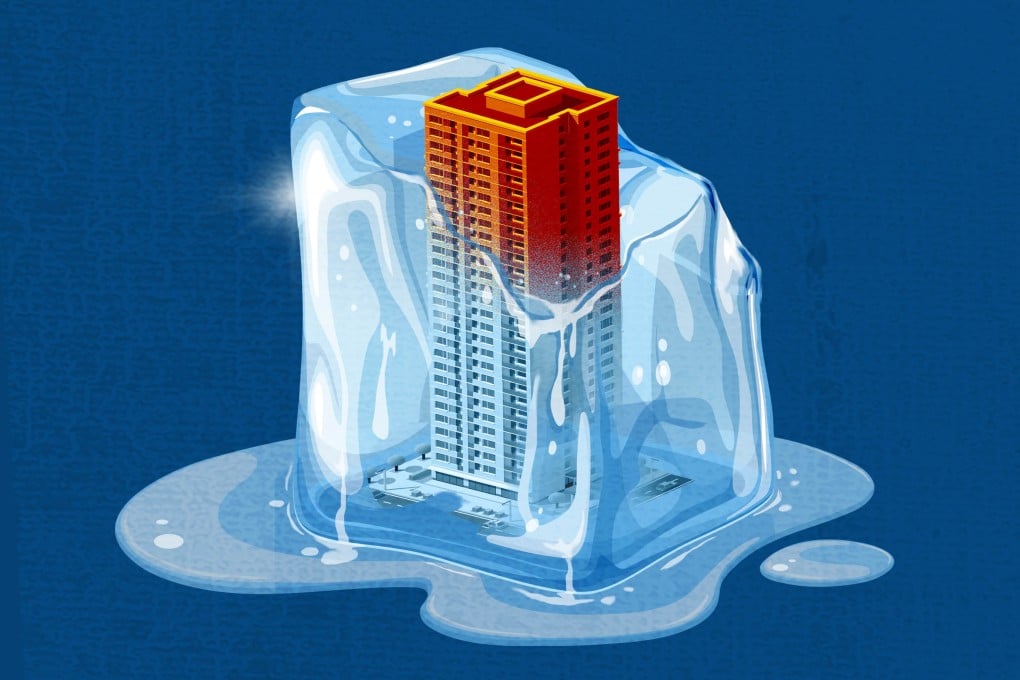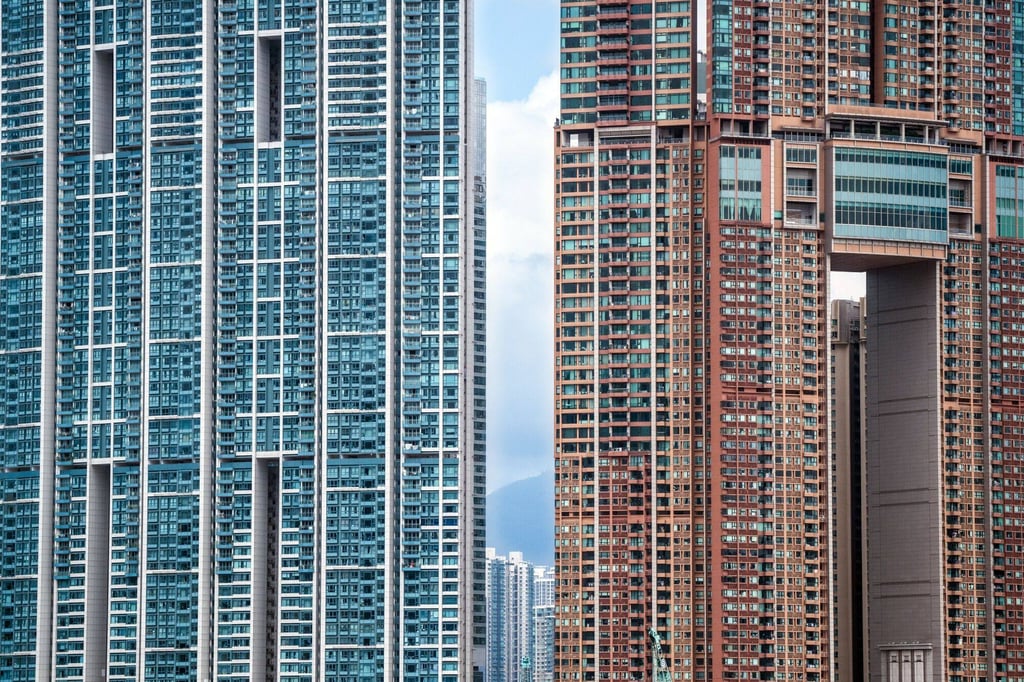Hong Kong policy address 2023: will rolling back stamp duties lift Hong Kong’s housing market out of the doldrums?
- Developers and market observers urge the government to rescind the decade-old debilitating stamp duties to lift property prices and boost transactions
- Hong Kong’s property prices have fallen by nearly 15 per cent from a record high in September 2021, while overall transaction volumes have been subdued this year

Owning a house has been Michael Zheng’s top priority since he and his parents moved to Hong Kong from mainland China about five years ago.
“I can probably proceed with my plan to buy a home two years earlier than planned,” said Zheng, 31, who has two more years before he can apply for permanent Hong Kong residency. Non-local homebuyers are currently subject to various stamp duties of as much as 30 per cent to prevent speculation.
The flat Zheng is keen on – a 440 sq ft unit in Sheung Wan – is priced at HK$9 million (US$2.4 million), on which he will have to pay another HK$2.7 million as tax, 10 times more than permanent residents buying their first homes.

The levy is one of the reasons Zheng has deferred the purchase. “I will consider paying the down payment if the new policy of relaxing buyers’ stamp duty is announced.”